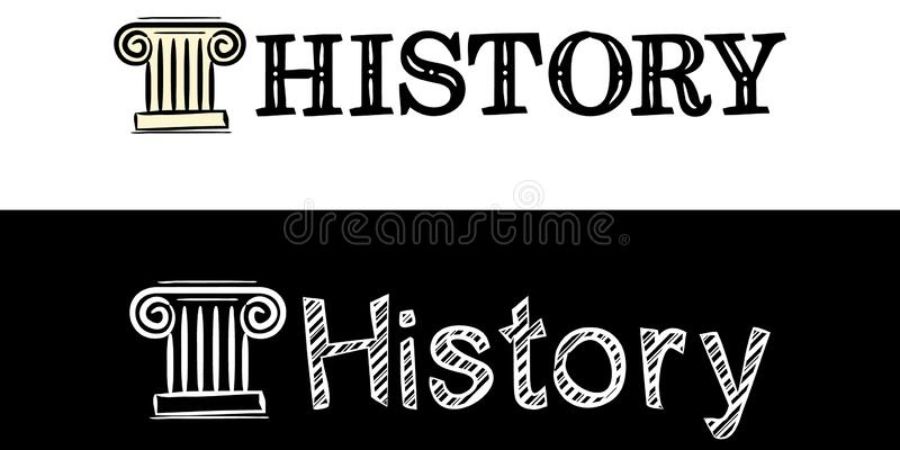

To answer the above asked questions, I would be talking about how any facts of the past are converted into the established facts of history and finally acting as a reliable evidence for the historian to interpret and support his/her arguments.
The past is a corpus of ascertained raw facts or basic facts which are same for all the historians.
Historians are indulged in studying and writing about the past events. They are the ringmaster of the entire historiography and thus build up the narrative and set the discourse.
To write about the past, they need facts, E H Carr says “The historian without the facts is rootless and futile” he also says ‘The facts speak only when the historian calls them’. Thus, it’s historians’ prerogatives to choose from the facts of past and convert them into facts of history.
Now the question arises that how facts of the past is converted into the facts of history? EH Carr in his book”What is History?” has explained that at the very first the facts are chosen from the past by anyone, say a historian acting as a proposer and thus acquire space in the footnotes. Then it is sponsored by others in their writings or at any seminar and gradually it keeps on acquiring space in the journals, texts, books and finally after a long journey it gets established as facts of history ;i.e. reliable enough to act as an evidence for the interpretations.
Once it is established as facts of history, it is subjected to myriads of interpretation by the historians belonging to different school of the historiography- The Cambridge, the Nationalist, the Marxist, the Subaltern and so on.
Their interpretations are highly subjective because each and every historian is an individual of a society and molded by his/her own society as well as a spokesperson or reflector of his/her own society. They have their own philosophy and prism to look at things and respond.
So, the historian is looking at the past society by sitting in the present society. The context of both the society is different. That’s why EH Carr highlights that it is important for the historian to imagine about the past society and the people about whom he/she is writing.
They choose facts in according to their need that would answer their questions or fulfill their objectives or agendas; thus, the facts of the history are used as an evidence to support or make their interpretations more legitimate and acceptable.
I would like to explain the above statement using an example.
The British historian Sir Lewis Namier was conservative and his work has been very subjective and selective like all the historians. He wrote nothing about the great modern revolutions of England, France or Russia but selected to write about the failed European revolution of 1848 which was a setback for the rising hopes of liberalism. He selected only those facts acting as an evidence from the myriads of facts of history which supported his own position as a conservative historian.
The interpretation is an unending process because no ultimate objective history can be achieved by any society in any given time period.
Over the time any new interpretation can come up, criticizing the existing historiography, corroborated with the new chosen facts or the existing established facts acting as an evidence to support the argument that historian is trying to make in the then time period and society.
“History, says E H Carr, is a continuous process of interaction between the historian and his facts, an unending dialogue between the past and the present”.
He has related facts as historian’s fact, thus it’s the historian who gives floor to the fact by treating it as an evidence for his own interpretations.
Therefore, in historiography it is always, historian’s facts, historian’s interpretation and thus we can never have an ultimate objective history.






